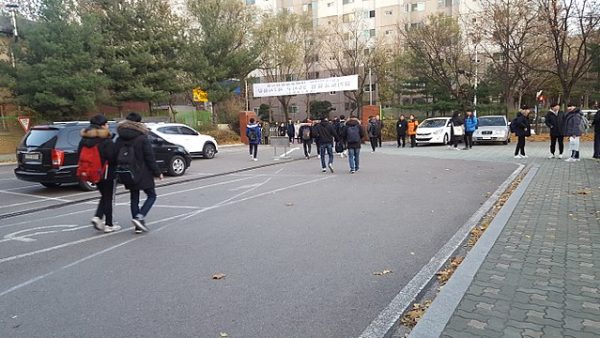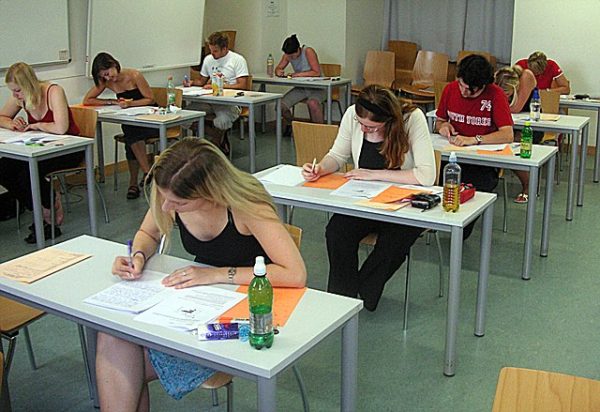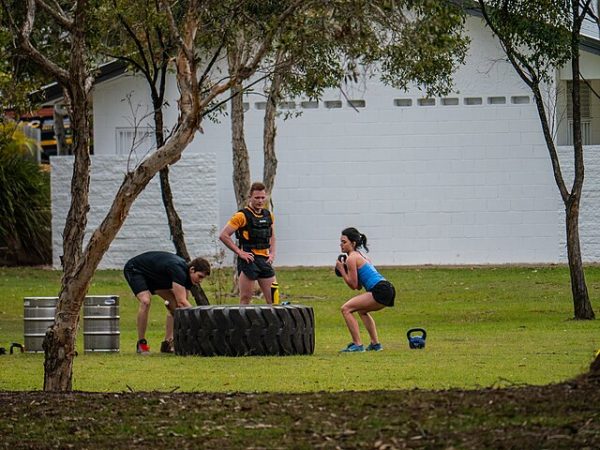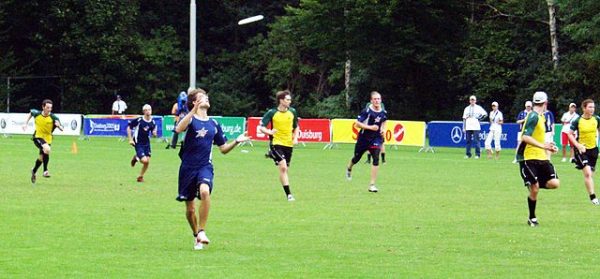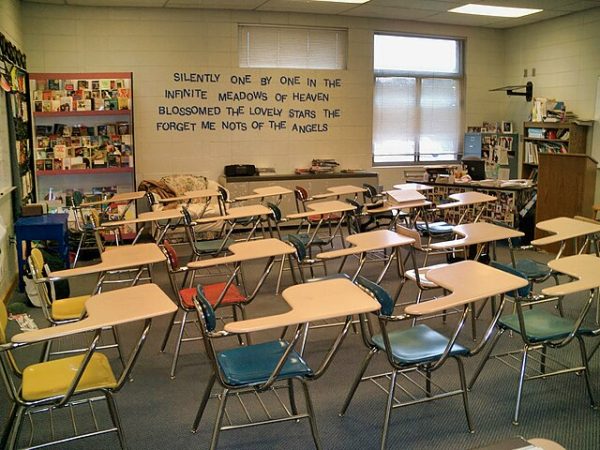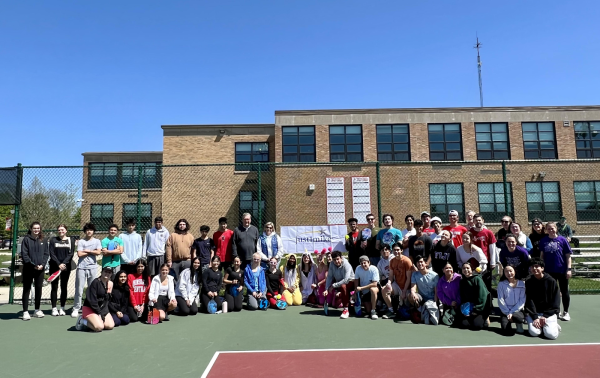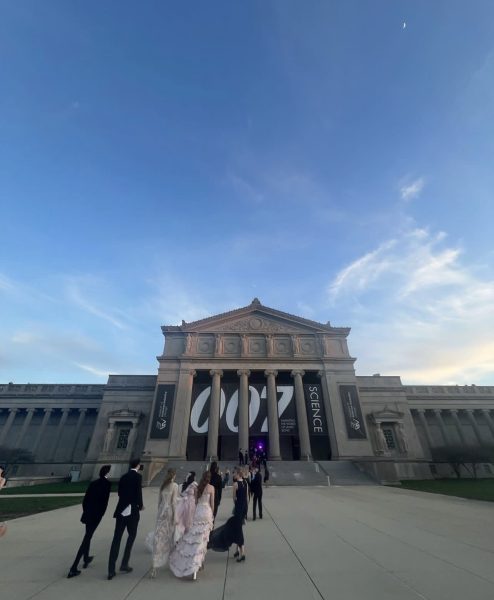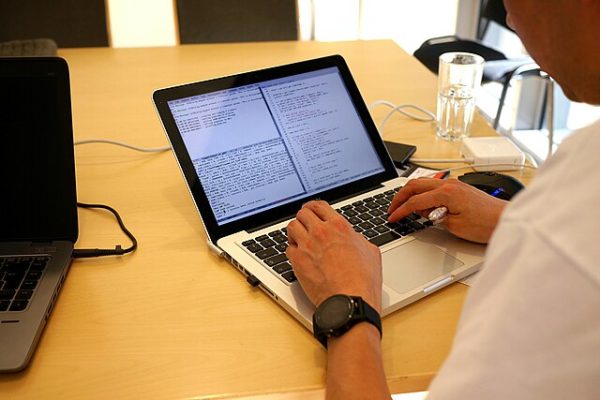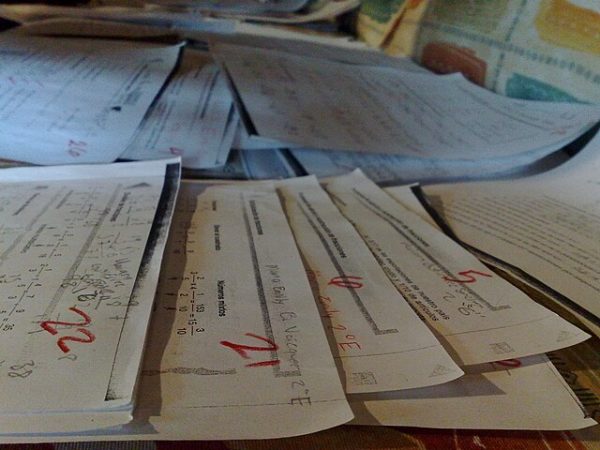Don’t just #PrayForParis
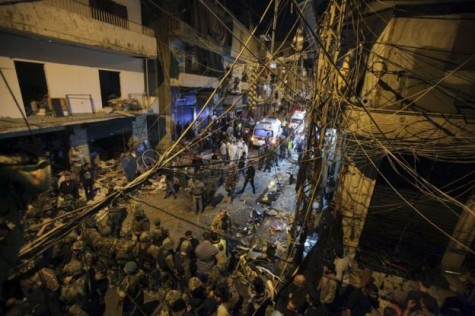
By now, everyone has heard of the Paris attacks exactly one week ago on Friday, Nov. 13. Maybe you heard because your friend posted a picture of the Eiffel Tower on Instagram or maybe you even went as far as to change your Facebook profile picture so it has a translucent French flag over it. While all this support for Paris is admirable, it begs the question of why it’s getting so much coverage? What about the bombing in Beirut the day before? Or the funeral bombing in Baghdad on the same day? What about the hundreds of attacks that occur throughout the world on a daily basis? Why don’t we hear about those?
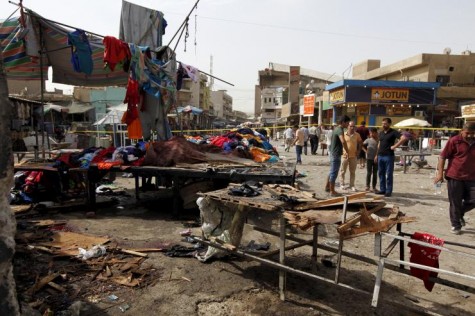
As Karuna Ezara Parikh puts it, “It’s not Paris we should pray for, it’s the whole world.” In the aftermath of the Paris attacks, Indian blogger Parikh wrote a poem addressing the coverage that Paris had received versus all the other horrific things that happen every day in other parts of the world. While the attacks in Paris did kill more people, 129 compared to 43 in Beirut and 26 in Baghdad, Parikh says the reason for this is because of the, “towers and cafes we find so similar” in Paris, the city of love and lights.
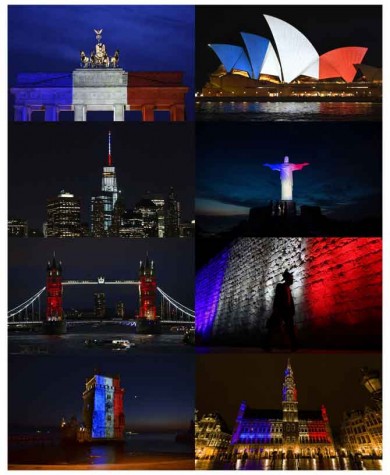
On Nov. 13 a series of coordinated terrorist attacks took place in Paris that claimed the lives of 129 people and injured more than 300 others. The Islamic State of Iraq and Levant (ISIS) took credit for the attacks. The mastermind behind the attacks, Abdelhamid Abaaoud, has since been killed by Parisian police in a shootout that happened on Nov. 18.
“I think it’s very disappointing and saddening that they are doing a lot of coverage about what happened in Paris, even though that was terrible, there were still other bombings and shootings in Lebanon and Baghdad. I think they should all be covered equally and we should be concerned about all of those situations, not just one or the other,” said Monica Giovannoni, senior. Even other big cities around the world like Sydney, Rio, and New York are showing their support for Paris. But what about everywhere else?
After the attacks carried out by ISIS, some presumptuous onlookers started to blame Muslim people. In a CNN interview last year on the relation between Islam and violence, Reza Aslan set the record straight. “Islam does not promote violence,” he said. “Islam is just a religion, and like every religion in the world, it depends on what you bring to it. If you’re a violent person, then your Islam, your Judaism, your Christianity is going to be violent.”
Senior Alia Rathore, a Muslim herself, elaborates on what she calls this “us-versus-them” mentality. “It’s a problem because it gives the impression that Parisians that are white and non-Muslim deserve prayers and support, but other Muslim countries and third world countries don’t.”
Instead of fixating on this us-versus-them mentality, Rathore says that we should be working to unite communities and spread love for all races and cultures. “[The uneven coverage] also minimizes the other deaths around the world; as if a terrorist attack is only worth crying about if white people were killed. It’s unfair that the children dying in Beirut are being forgotten,” Rathore said. “The realization that many people had no idea about the attacks in other parts of the world shows how the Middle-Eastern and African countries get no attention from any of the media platforms.”
So, while it’s perfectly OK to pray for those in Paris, let’s make sure next time we don’t forget about the tragedies happening elsewhere in the world, whether it be an earthquake in Japan, a school shooting in Kenya, a bombing in Baghdad, or a shooting in Beirut.
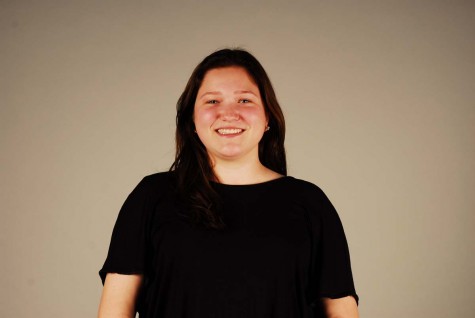
Senior Sophie Pecilunas loves to write. When she's not writing, you can find, or not find, Sophie traveling, which is another favorite pastime. Although...



